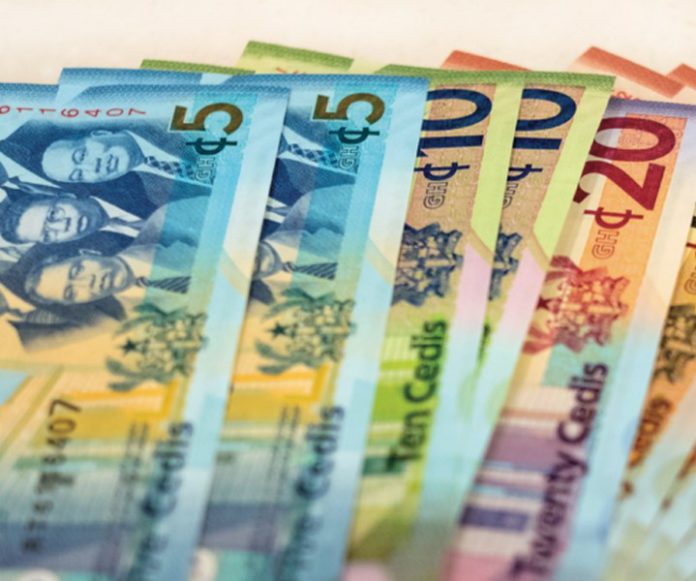The Ghana cedi will continue to lose ground to the major trading currencies this week on the back of persistent corporate demand.
These are the views of some currency analysts and traders who spoke on condition of anonymity.
According to them, the cedi’s poor performance is due to both endogenous and exogenous factors such as a rising US dollar against Emerging Markets currencies.
April 2024 inflation eased to 25% year-on-year from the March 2024 rate of 25.8%. The inflation cooling was supported by a decline in food inflation to 26.8%.
Some analysts believe the upside risks to inflation, which could induce further upticks in the headline print, may fuel more speculative demand for the US dollar and weaken the cedi which is one of the worst performing currencies in the world this year.
Additionally, the US Federal Reserve is set to announce the April 2024 inflation this week, which could hint at the Fed’s policy rate path during the June 24, 2024, meeting. Also, current US data showed claims for unemployment benefits data rose last week to the highest level in eight months.
These developments indicate softening consumer demand, which may be due to a tight labour market and hence may cool inflation. This will help ease the cedi’s woes a bit.
Cedi depreciates by 17.32% to dollar
Despite the Central Bank selling an estimated $23 million on the spot market last week, the local currency suffered sharp depreciation against the major trading currencies.
On the retail foreign exchange market, the cedi shaved 2.89% week-on-week against the dollar (-17.32% year-to-date) and closed weaker against the Euro (-3.52% week-on-week; -15.20% year-to-date) and pound (-3.03% week-on-week; -16.63% year-to-date).
The cedi is presently selling at GH¢14.90 at the forex bureau. The Bank of Ghana is however quoting one US dollar to GH¢13.01.
ALSO READ:
Man kills girlfriend’s daughter for smashing his ‘yam’ phone
‘I was joking,’ – Bawumia clarifies stance on taxing churches

